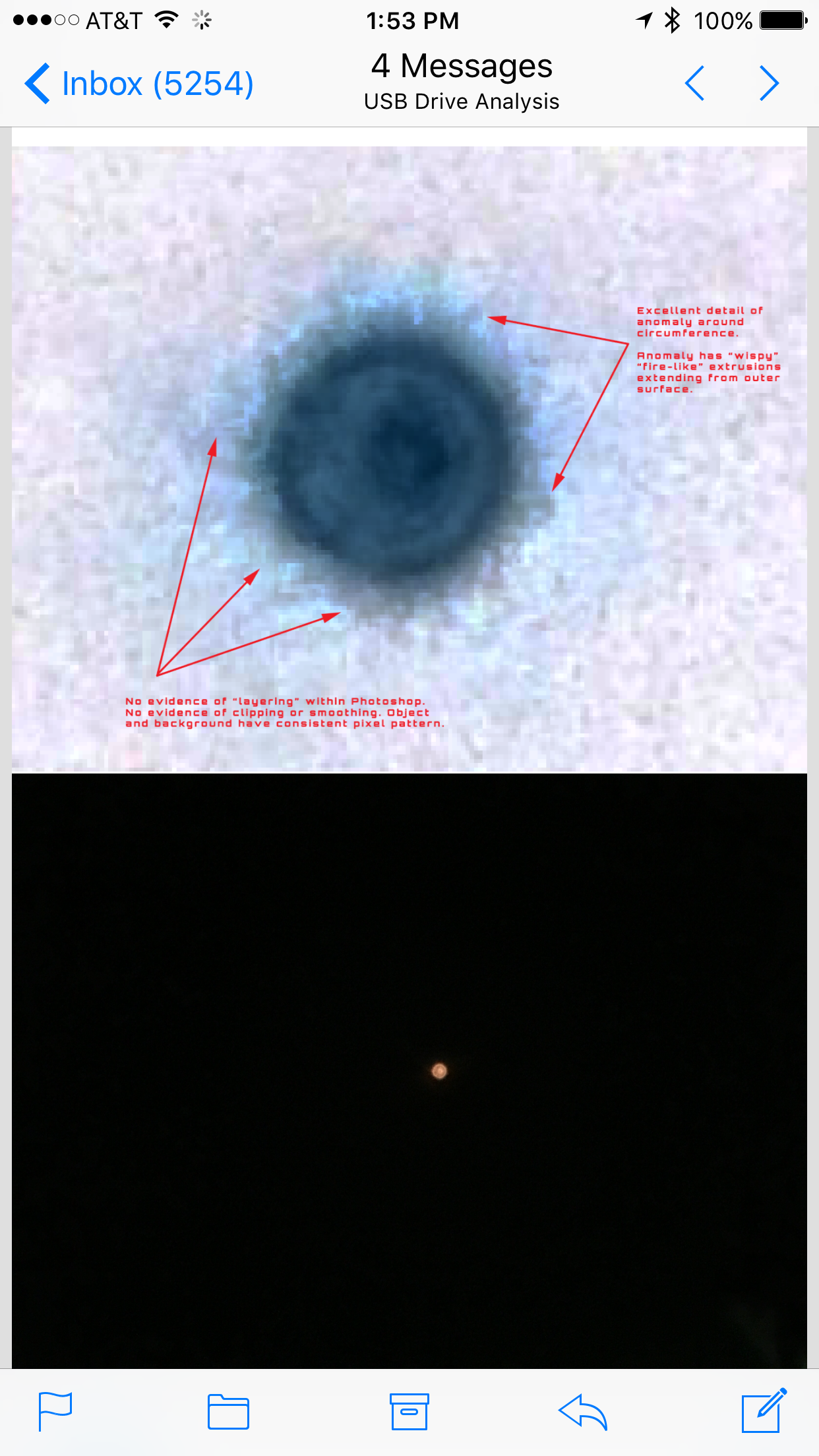
By the end of WW2, there was a growing recognition that in a liberal democracy, it was not appropriate for the military to retain a monopoly over the development of atomic energy, due to the risks associated with military control. Civilian control was seen as a more balanced approach.
The atomic bombings of Japan had highlighted deep concerns about the potential for the uncontrolled and catastrophic uses of atomic weapons by the military. Transferring control to civilian authorities was intended to emphasise the peaceful and constructive applications of atomic energy, such as nuclear power for electricity generation and medical uses.
With the history of atomic weapons in mind, we can use that as a template to consider whether the UAP subject should be transferred to the control of a civilian agency.
Should the American authorities take steps to end the military monopoly over UAP studies? Are the recent Congressional investigative and legislative activities around UAP part of an effort to start the end of the military/IC control of the UAP subject by gathering information that evidences the military UAP monopoly (and all of the bad practices associated with it)? What kind of structure would be best placed to take control of UAP studies? Should the new structure have a remit to champion openness and disclosure? a/ Should all information be released to the public (BandAid policy) or, b/Should some information remain secret? If yes, what info and for how long? or c/nothing should be revealed to the public at this time but Congress and the President must be fully-briefed as to the full extent of UAP research.
My guess is that nothing of the sort will happen until some kind of explosive event forces decision-makers to confront the problems. Due to the secrecy surrounding the subject, US elites remain ignorant regarding these issues. This probably explains the near-absence of mature conversation in the elite media.
submitted by /u/ZucchiniStraight507
[link] [comments]